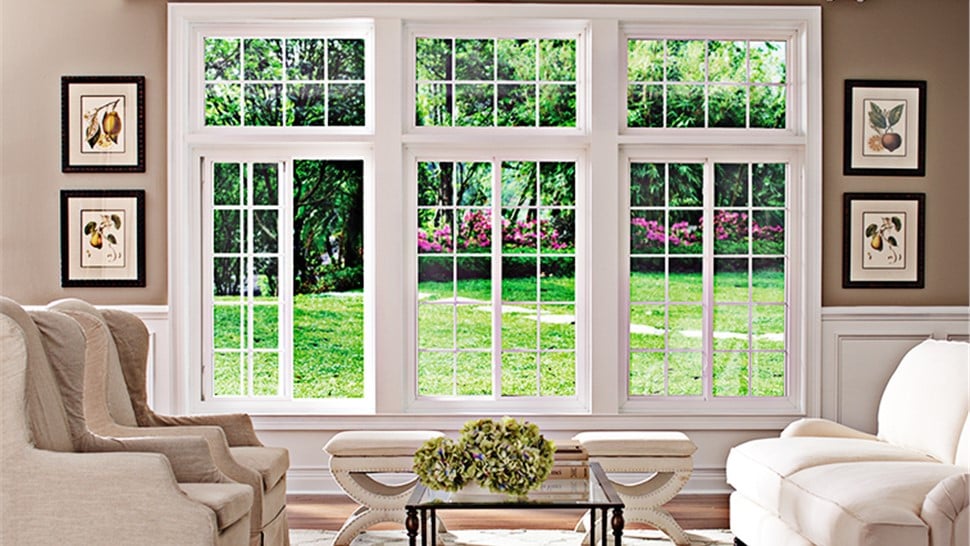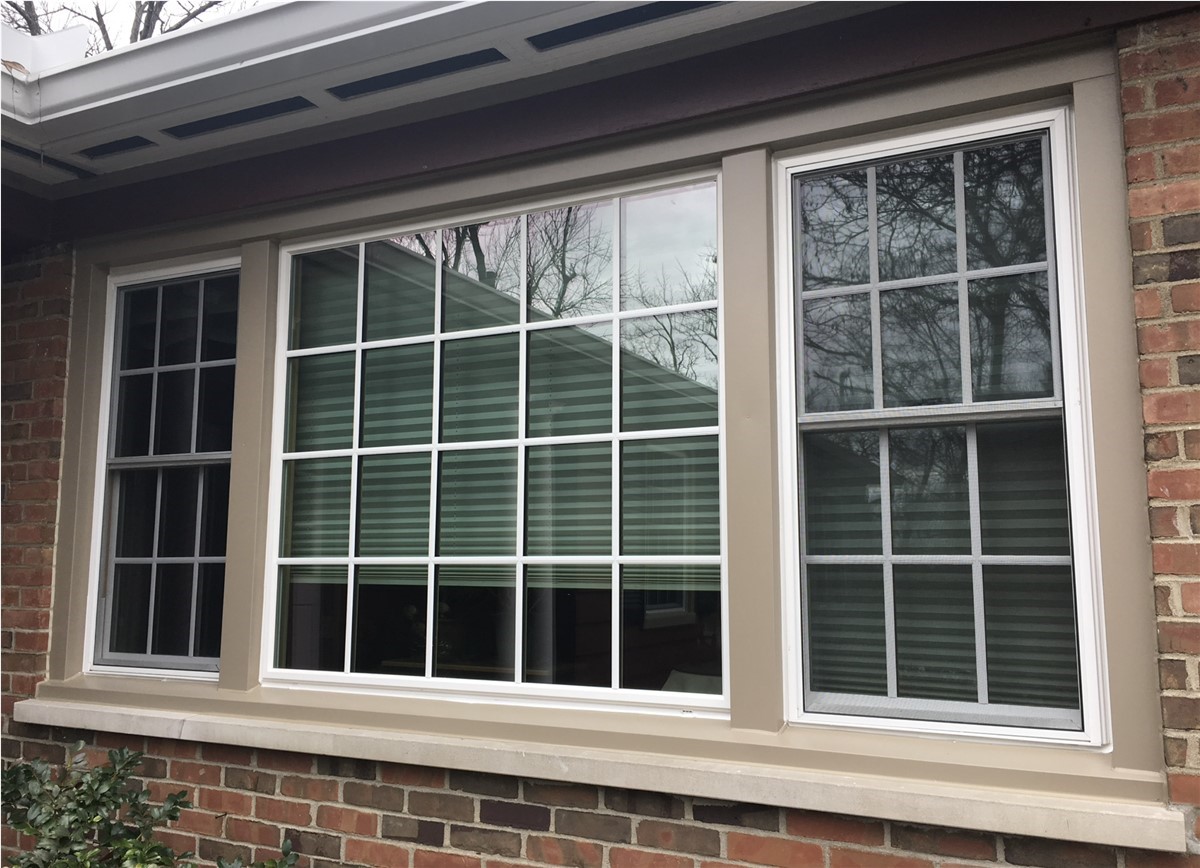Upgrade Your Home With Energy-Efficient Window Substitutes
In the realm of home improvement, the choice to upgrade to energy-efficient home window substitutes can dramatically affect both the performance and aesthetic appeals of a house. Past the surface area degree of plain visual appeals, energy-efficient windows provide a plethora of benefits that go beyond mere curb allure.
Advantages of Energy-Efficient Windows

The installation of energy-efficient home windows supplies substantial financial savings on energy bills while boosting ecological sustainability. Energy-efficient windows are made to decrease warm loss and gain, reducing the demand for heating and cooling down systems to function overtime. By efficiently shielding the home, these windows help preserve a comfortable interior temperature year-round, causing lower power usage and decreased energy costs. Furthermore, energy-efficient windows can aid regulate dampness levels within the home, lowering the risk of mold and mildew and mildew development.
Past the financial benefits, energy-efficient home windows add to environmental sustainability by decreasing carbon emissions connected with power production. By reducing power use, these windows assist minimize the environmental effect of home heating, air conditioning, and lighting household spaces. This reduction in energy usage plays a crucial role in combating climate modification and advertising a greener future for generations ahead. On the whole, buying energy-efficient windows not only enhances the comfort and effectiveness of a home however additionally straightens with eco aware practices.
Sorts Of Energy-Efficient Glass
Numerous sophisticated kinds of energy-efficient glass offer distinct residential properties that accommodate different needs and preferences in boosting the sustainability and performance of structures. Low-emissivity (Low-E) glass is a prominent option designed to decrease the quantity of ultraviolet and infrared light that can pass with the glass, thus reducing warmth transfer. This sort of glass helps maintain a regular indoor temperature, lowering the requirement for heating or cooling down systems, and eventually reducing power prices. One more innovative alternative is spectrally careful glass, which allows noticeable light to go through while blocking particular kinds of infrared radiation. This assists in maintaining a comfy interior environment while minimizing warmth gain. Triple-pane glass, containing three layers of glass with shielding gas between them, offers boosted thermal insulation, making it extremely energy-efficient. In addition, self-cleaning glass with a special covering that damages down and loosens dust when exposed to sunshine can decrease upkeep needs and maintain windows looking tidy. Each kind of energy-efficient glass provides distinctive advantages, permitting property owners to pick the most ideal option based upon their specific demands and objectives.
Factors to Think About When Selecting
When pondering energy-efficient home window replacements, it is imperative to very carefully analyze specific factors that align with your sustainability goals and preferred power financial savings. One crucial element to think about is the window's energy performance scores, such as the U-factor and Solar Warm Gain Coefficient (SHGC) The U-factor steps exactly how well the home window shields, with reduced numbers showing better insulation, while the SHGC indicates the window's ability to block heat from sunlight. Additionally, the home window structure product plays a substantial duty in power effectiveness. Materials like fiberglass, vinyl, or timber with thermal breaks are superb selections for reducing heat transfer. One more vital consideration is the home window design and positioning concerning sunlight direct exposure. Picking the right window style and strategically click for info positioning them can make the most of all-natural light while decreasing warmth gain or loss. Finally, installation top quality is crucial to making sure the windows perform as planned. Appropriate setup helps protect against air leakage, guaranteeing optimum power efficiency. By carefully reviewing these aspects, you can select energy-efficient home windows that enhance convenience, minimize power costs, and profit the setting.
Installation and Upkeep Tips

Regular upkeep is vital to maintaining the efficiency of your energy-efficient windows. Check the weather-stripping and seals for any kind of spaces or tears and change them if required to maintain the home windows' energy performance. Conroe window replacement.
Furthermore, lubricate relocating parts such as locks and hinges to ensure smooth procedure. By following these installment and maintenance tips, you can improve the energy effectiveness of your home and lengthen the life expectancy of your energy-efficient home windows.
Cost-Benefit Analysis of Upgrading

Energy-efficient windows are designed to minimize heat transfer, reducing the demand for home heating gumtree double glazed windows and cooling down systems to work overtime. This can result in significant savings on power costs, especially in regions with extreme temperature levels. Furthermore, energy-efficient windows can enhance the total worth of your home, making it much more attractive to potential customers if you make a decision to offer in the future.
When calculating the cost-benefit evaluation, aspect in the prospective savings on power expenses, any readily available rewards or rebates, and the life-span of the windows. While the initial price may be greater, the long-lasting savings and advantages of energy-efficient windows make them a clever investment for homeowners aiming to enhance their residential or commercial property's power effectiveness and value.

Final Thought
In conclusion, updating to energy-efficient window substitutes provides countless benefits such as lowered energy intake, increased convenience, and expense financial savings. By choosing the ideal type of energy-efficient glass and taking into consideration elements like structure material and setup, homeowners can make best use of the effectiveness of their home windows. Regular upkeep and correct installation are crucial for long-term performance. On the whole, the cost-benefit evaluation of updating to energy-efficient home windows reveals that the first investment can lead to substantial financial savings in the lengthy run.
When contemplating energy-efficient window replacements, it is crucial to meticulously analyze details variables that straighten with your sustainability purposes and wanted power financial savings. The U-factor actions just how well the home window insulates, with lower numbers indicating much better insulation, while the SHGC shows the window's ability to block heat from sunshine. By carefully examining these variables, you can pick energy-efficient home windows that enhance convenience, lower power expenses, and benefit the environment.
While energy-efficient windows might have a greater in advance cost compared to typical home windows, the long-lasting benefits often surpass the first investment.In conclusion, updating to energy-efficient window replacements supplies many benefits such as reduced power usage, increased convenience, and expense savings.